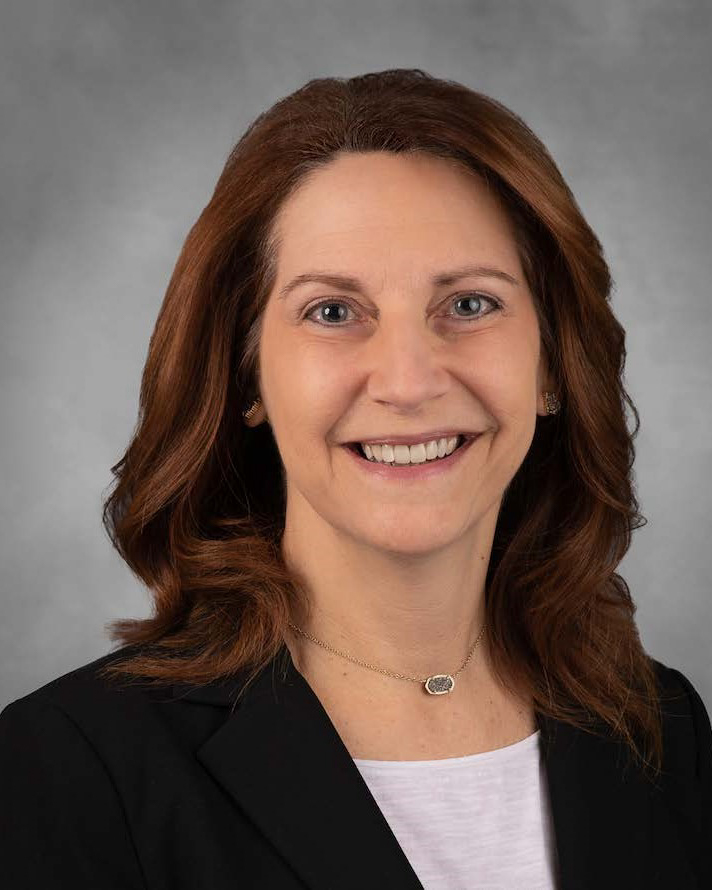Deanne Zotter, Ph.D.

Professor of Psychology
Ph.D., Kent State University
Office: Wayne Hall 535
Phone: 610-436-3143
Email: DZotter@wcupa.edu
Office Hours: Fall 2024
- Monday 3:30-5:30 PM
- Tuesday 3:00-5:00 PM
- Wednesday 3:15-4:15 PM
Courses Typically Taught
- PSY441/442 Field Experience (for peer mentors in the Sister to Sister Program)
- PSY481/581 Eating Disorders
- PSY708 Ethical, Legal, and Professional Issues in Psychotherapy
- PSY730 Clinical Skills Practicum
- PSY734 Advanced Clinical Practicum
- PSY380 Body Image
Brief Description of Research Interests
Research interests focus on eating disorders and body image, especially the prevention of disordered eating and negative body image.
Other
Sister to Sister Mentor Program
I am the founder and director of the Sister to Sister (S2S) Peer Mentor Program for the Prevention of Eating Disorders. S2S recruits and trains sorority women to act as positive role models and peer mentors to other women on our campus, specifically around issues involving body image and disordered eating. I decided to start this program for many reasons. First, I want to see the women at WCU learn to feel better about themselves and their bodies, and to stop defining their self-worth based on their appearance. Second, through my clinical work, I have seen the devastating effects of eating disorders and believe that prevention is a worthwhile endeavor. Even if this program helps to prevent just one woman from developing an eating disorder, it will be well worth it! Finally, I hope that through this program, sorority women at WCU will learn to feel more empowered and understand that they can make changes to improve the climate in which they live (whether it be within their individual sororities, the WCU campus, or the society as a whole).
My initial research at WCU found that eating disorders are not necessarily more prevalent among sorority women as compared to non-sorority women. Nevertheless, targeting sororities for this program makes sense for a number of reasons. First, body image concerns were found to be greater among sorority women. Body dissatisfaction is one of the key risk factors in developing disordered eating. Second, the sororities at WCU are made up of a large group of women who serve as leaders on this campus. These women are dedicated to the Greek system and the University. Most importantly, sorority women are dedicated to each other - helping and supporting one another in an effort to make the college experience a positive one. As a result, sorority women make ideal peer mentors!
More so than focusing on eating disorders, the Sister to Sister program aims to focus on body image, self-esteem, and empowerment. Much research exists showing that body dissatisfaction combined with low self-esteem places individuals at risk for eating disorders. Listed below are the areas the S2S program targets and our goals for each area.
- Body image: Goal is to increase acceptance of all body shapes and sizes, improve body satisfaction, learn to treat our bodies well, and decrease the focus on appearance.
- Self-esteem: Goal is to improve self-esteem by decreasing the emphasis on appearance in the evaluation of self-worth and increasing the emphasis on other, less superficial characteristics.
- Empowerment: Goal is to recognize and take steps to change those things that perpetuate body dissatisfaction and body obsession among women.
- My research shows that the S2S program is working! Since the program began in 2000, sorority women's body image attitudes and eating behaviors have improved; whereas those of non-sorority women at WCU have remained unchanged. It is my hope to introduce S2S to other universities so more women can benefit.
